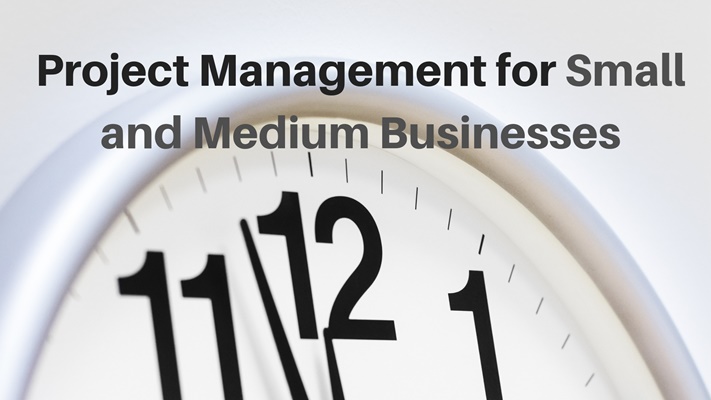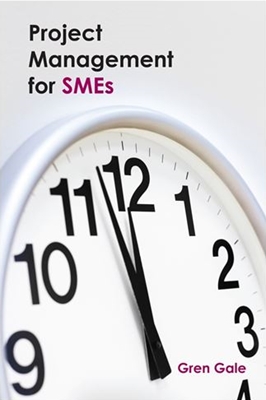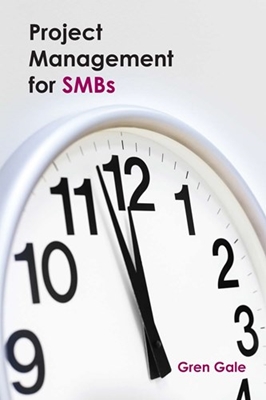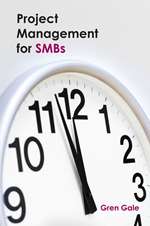The most important part of a project
Testing might not be as exciting as design and development but getting it wrong is a sure fire route to sleepless nights and needing to scan the job pages! Get testing wrong and you potentially end up wrecking your productivity, your reputation, your legality or possibly all three. People tend to associate testing with IT, but an untested process can have disastrous results if opened up to the public and opening an untested road bridge would be unthinkable.
High profile IT system failures are too numerous to mention and in most cases they centre around uncertainty about what was required and/or a failure to test sufficiently. Of course the second is related to the first. If you’re not sure what you wanted, how the hell is anyone expected to test that it’s been delivered? Building a test strategy is likely to flag up any lack of clarity about what is required before it’s too late to do anything about it.
OK, So I need to carry out testing, but what is a test strategy?
Just as a design shows how you are going to build the end products of a project, the test strategy shows how you are going to carry out testing. As simple as that, it is a design for your testing.
Writing a test strategy makes you to think about how you’re going to test the products produced by your project and it also helps counter the temptation to shrink testing when development deadlines get squeezed.
This needn’t be a big document, but it does need to show:
- What you’re going to test
- How you’re going to test it
- What resources you’re going to need in terms of people, software tools, equipment and environments
- How long you’re planning to take.
It’s basic common sense to understand and plan for this and holds whatever methodology you’re using to develop the end products.

So what do I need to consider in a test strategy?
Your test strategy needs to cover:
- Unit Testing – how you’re going to test the components of your product – the nature of this will depend heavily on the development methodology that you’re using
- System Testing – testing that what has been built conforms to what was required
- Acceptance/User Testing – testing that what has been built works operationally
- Performance/Stress Testing – testing that what you have built works under load and can support the number of users required
- Security Testing – testing, for example, that an IT system cannot be breached or a process isn’t open to internal or telephone fraud
- Model Office Testing – this simulates the real working environment for your change and is usually only used for big or complex implementations, for example, a call centre set up where systems, telephony and processes are new and all interact.
You need to consider if you have to buy in testing tools, build new testing environments and get in specialist resources. You should also decide if you want to build automation and re-usability into your test strategy to ensure as much of the testing as possible is automated and repeatable.
Having a clear test strategy is particularly important where you are outsourcing work and will need to be agreed with your supplier.
Summary
In summary, unless you’re in love with flying by the seat of your pants and happy with daily surprises, then make sure you write a test strategy. As with so much of the documentation that goes with projects, it’s not about churning out miles of boring material, it’s there to make you think things out and anticipate issues and needs.
Enjoyed reading this?
Enjoyed reading this, why not sign up for more free project management and remote work tips.
Gren Gale is a consultant and speaker in Remote Work and Project Management and has been named as One of the Top 50 Project Management Leaders of 2022 by Leaders Hum and one of the top 19 Key Opinion Leaders globally in remote work in Who’s Who in Remote Working? He is author of the Remote Project Manager and Remote Work The New Normal.
Articles and reviews on this site are written from an unbiased viewpoint. We only review products which are relevant to Remote Work or Project Management and ones we believe in. Once this article on test strategy was written we looked to see if some of the links could generate affiliate income. It won’t make us rich but it helps pay the rent!








Recent Comments